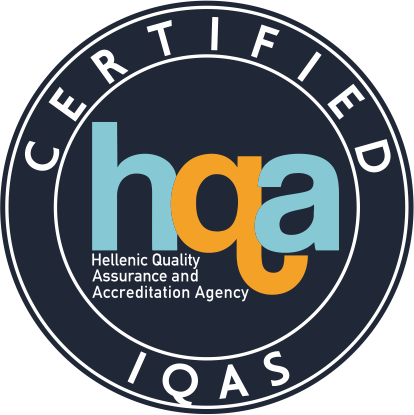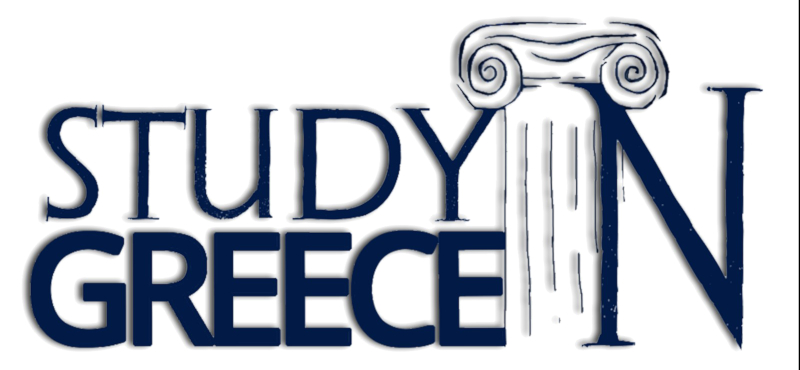Team from AUEB's Department of Informatics wins BioASQ prize
A team from AUEB's Department of Informatics was awarded a prize at the international challenge of biomedical question answering systems BioASQ. The team consisted of the graduate students Polyvios Liosis and George Brokos from AUEB's MSc in "Computer Science" program, the PhD student Dimitris Pappas (also affiliated with the Institute for Language and Speech Processing of Research Center "Athena"), Google's visiting researcher Ryan McDonald and Assoc. Prof. Ion Androutsopoulos. Systems participating in the challenge receive English questions formulated by biomedical experts and attempt, among other tasks, to retrieve relevant scientific articles, as well as specific snippets of the articles that answer the questions.
AUEB's team had the best document retrieval results in three of the five evaluation batches (each batch contained 100 questions) and the best snippet retrieval results in all five batches. The team used deep neural network methods (deep learning) developed at the Natural Language Processing Group of the Information Processing Laboratory of AUEB's Department of Informatics (article, article, slides, slides).
The annual BioASQ challenge provides datasets, evaluation infrastructure and sub-challenges intended to foster the development of Artificial Intelligence methods that will help biomedical experts extract relevant information from the evergrowing scientific literature and specialized databases. The BioASQ challenge started as a European research project (FP7 ICT, 2012-14) coordinated by the Institute of Informatics and Telecommunications of NCSR "Demokritos". AUEB participated in the research project and played a central role in the organization of the question answering sub-challenges. Since 2015, the BioASQ challenge continues with funding mostly from the US National Institutes of Health (NIH). This year, AUEB participated as a contestant, along with a total of 26 teams from 11 countries. The prize was awarded at the BioASQ workshop of the 2018 Conference on Empirical Methods in Natural Language Processing.




